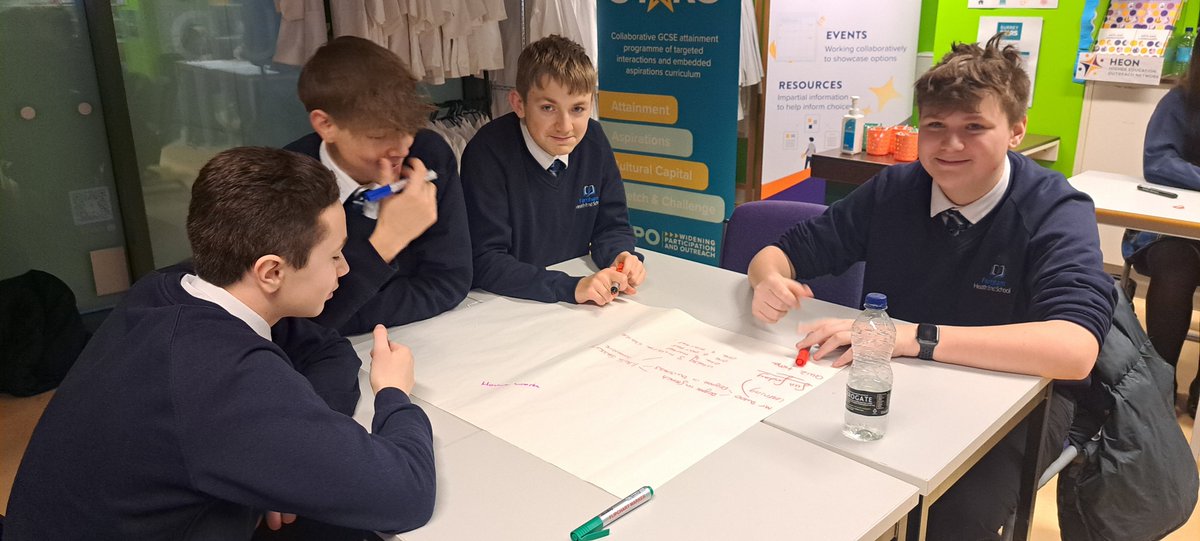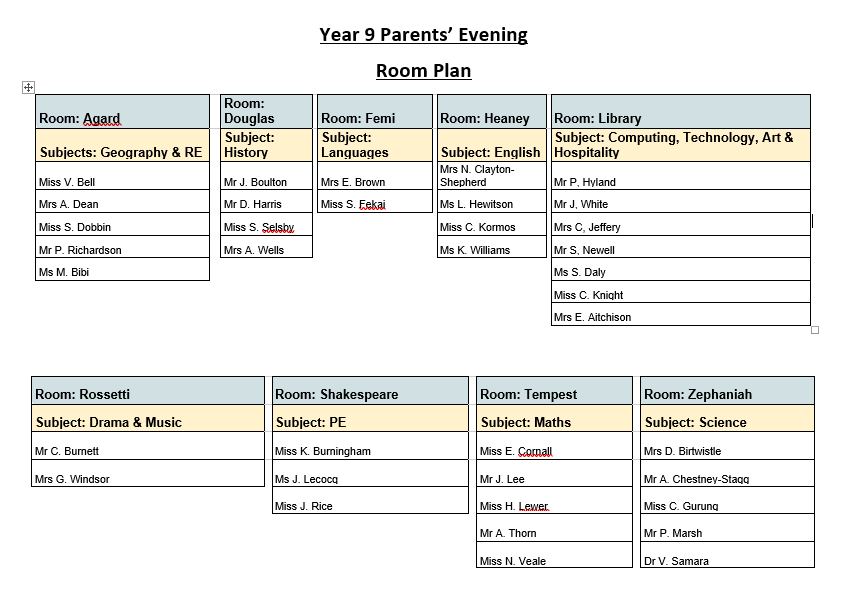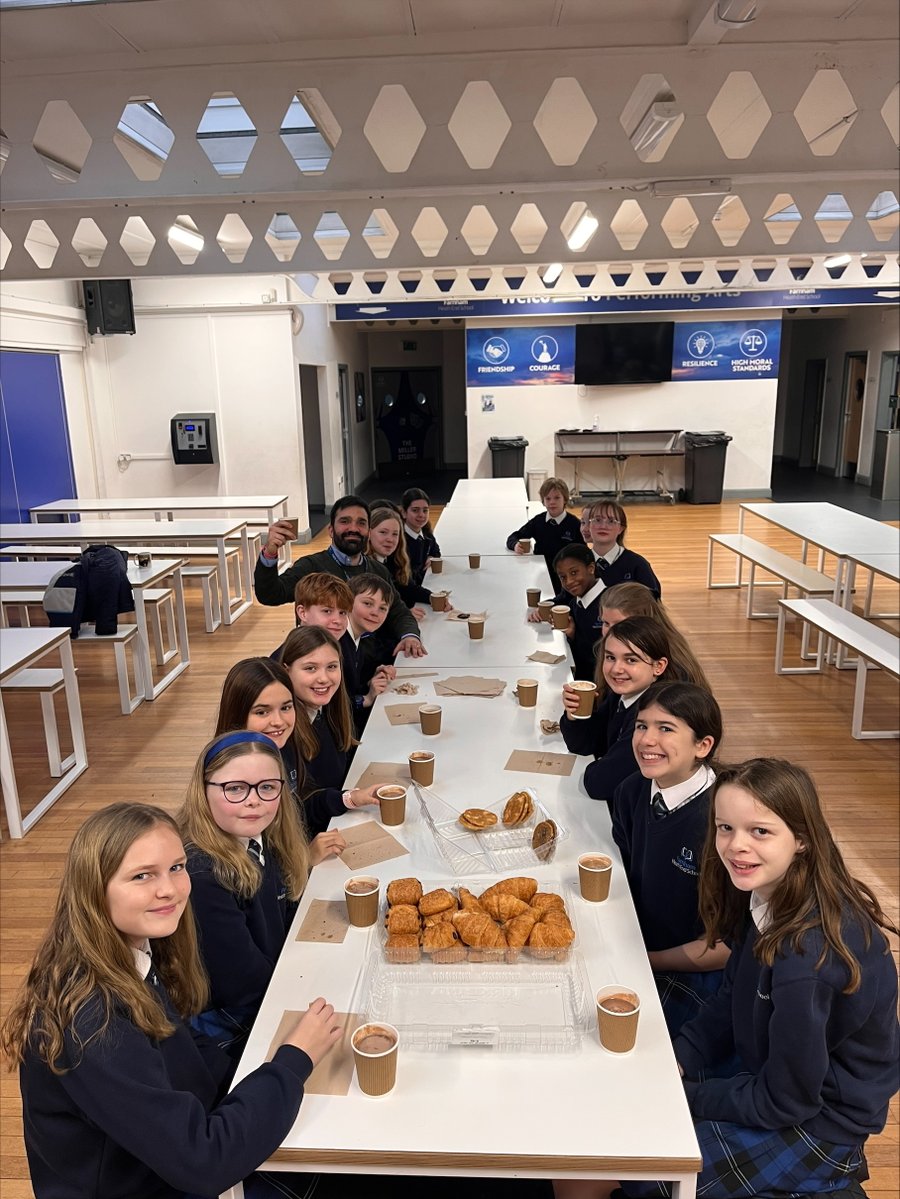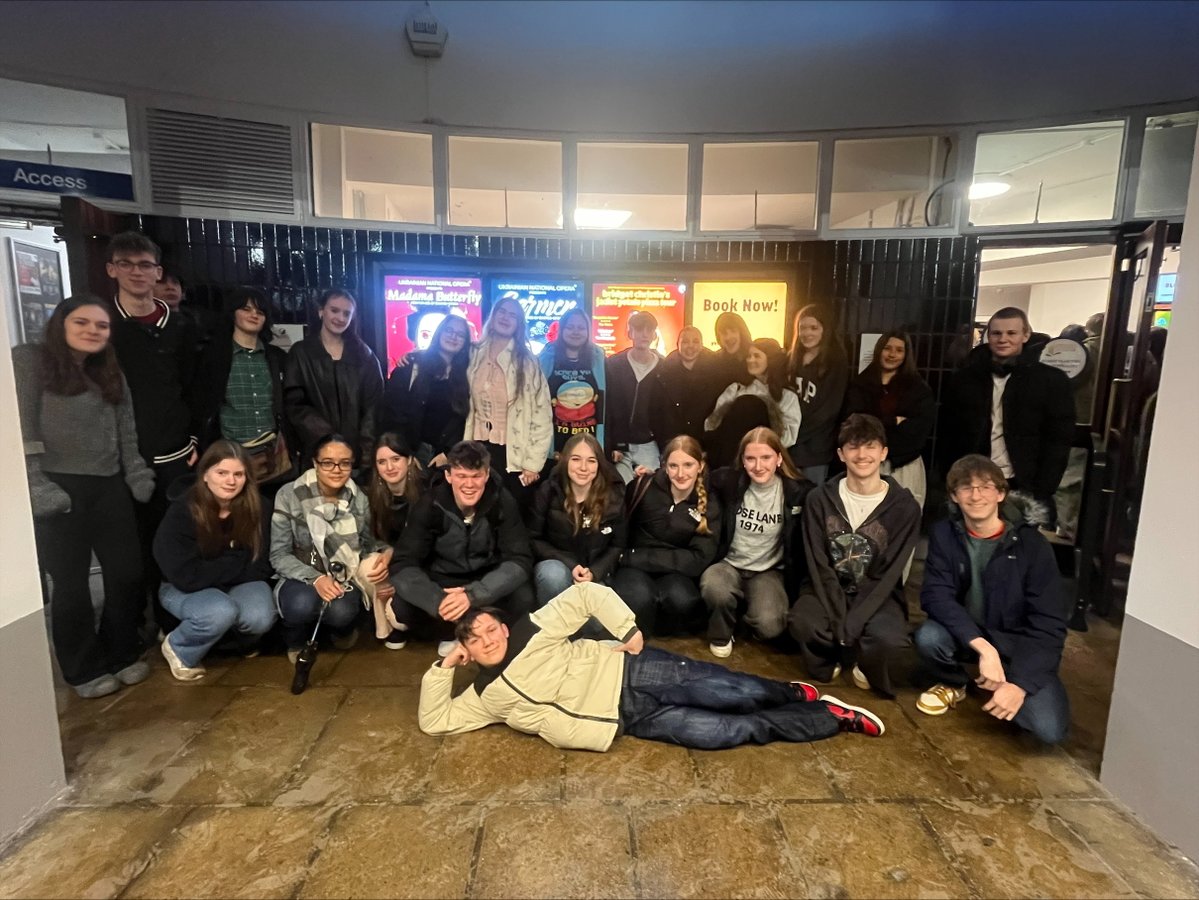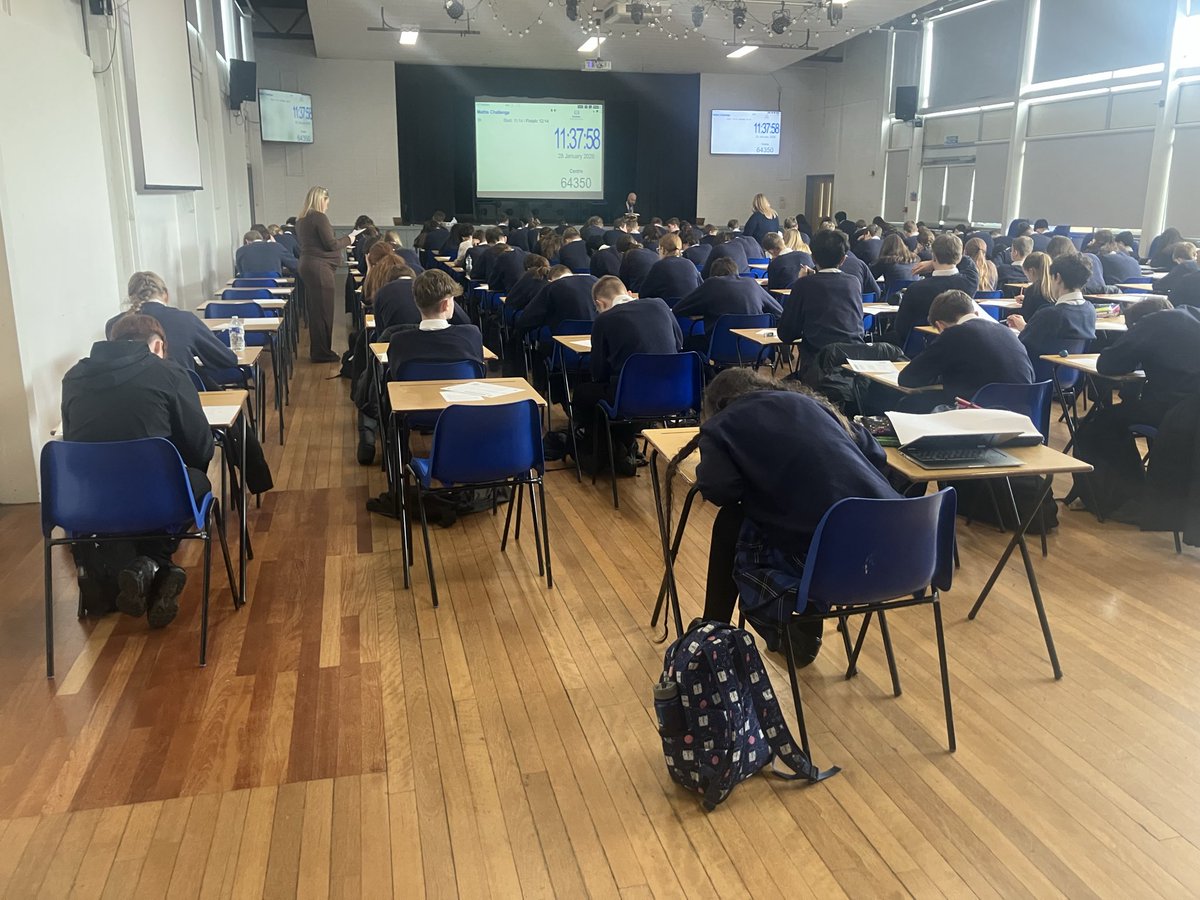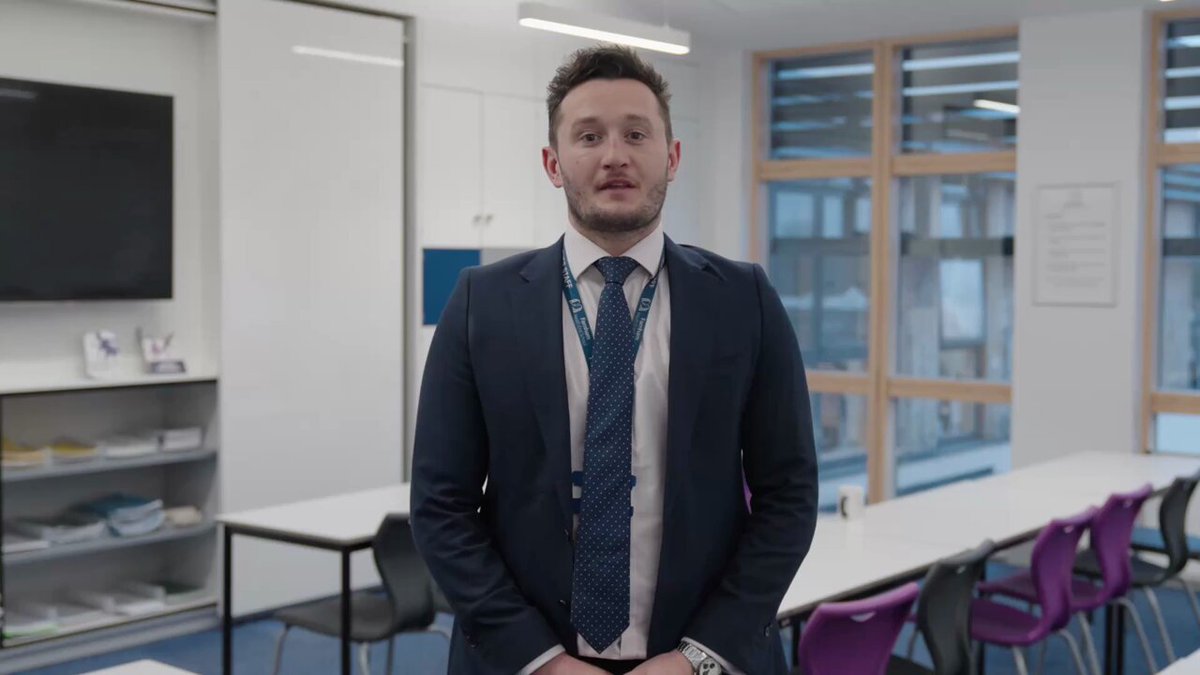 @TeamFHES - 17/02/2026Day 1 on the slopes for our Skiers #TeamFHES
@TeamFHES - 17/02/2026Day 1 on the slopes for our Skiers #TeamFHESSubject Information - Computer Science
VISION / AIM
Through a high-quality computing curriculum, students are able to use computational thinking and creativity to understand and thrive in an ever-changing world.
The Computer Science course at FHES is engaging and practical, encouraging creativity and problem solving. It encourages students to develop their understanding and application of the core concepts in computer science. Students also analyse problems in computational terms and devise creative solutions by designing, writing, testing and evaluating programs.
By studying Computer Science students will be encouraged to:
- Understand and apply the fundamental principles and concepts of Computer Science, including abstraction, decomposition, logic, algorithms and data representation.
- Analyse problems computational terms through practical experience of solving such problems, including designing, writing and debugging programs.
- Think creatively, innovatively, analytically, logically and critically.
- Understand the components that make up digital systems and how they communicate with one another and with other systems.
- Understand the impacts of digital technology to the individual and to wider society.
- Apply mathematical skills relevant to Computer Science.
Resources and support materials can be found on FHES Google Classrooms.
Further information can be requested from Mrs C Jeffery, Head of Department, cjeffery@fhes.org.uk or Mr P Hyland, Lead Teacher, phyland@fhes.org.uk
CURRICULUM OVERVIEW
|
|
Autumn Term |
Spring Term |
Summer Term |
|
Year 7 |
Introduction to computational thinking. (Google Workspace & Interactive story). |
Binary and Code breaking. Programming essentials: part I. |
Cyber Security. Virtual Pet (phone app). |
|
Year 8 (8-week rotation) |
Algorithms. Cyber security. Computing History. Physical Computing. |
|
|
|
Year 9 |
Binary/Hex/ logic gates. NCCE Programming 1. |
CPU Architecture. Pass the pig (Dice games python). |
Data Science. Programming Project. |
|
Year 10 |
Boolean logic - Units. Data storage - Numbers. Data storage - Characters. Data storage - Images. Designing, creating and refining algorithms. Data storage - Sound. Data storage - Compression. |
Architecture of the CPU. Programming fundamentals. Data types. CPU Performance. Embedded systems. Primary storage (Memory). Additional programming techniques. Secondary storage.
|
Additional programming techniques. Secondary storage. Practical programming skills. Networks and topologies. Wired and wireless networks, protocols and layers. |
|
Year 11 |
Threats to computer systems and networks. Defensive design. Identifying and preventing vulnerabilities. Operating systems. Testing. Utility software. Ethical, legal, cultural and environmental impact. Languages. The Integrated Development Environment (IDE). |
Threats to computer systems and networks. Defensive design. Identifying and preventing vulnerabilities. Operating systems. Testing. Utility software. Ethical, legal, cultural and environmental impact. Languages. The Integrated Development Environment (IDE). |
Theory Revision. Practical Programming Skills. Revision. |
KEY SKILLS
|
|
Autumn Term |
Spring Term |
Summer Term |
|
Year 7 |
Computational Thinking (Flow diagrams). |
Introduction to Programming. |
Managing data in spreadsheets Computational Thinking (Intro to Decomposition). |
|
Year 8 (8-week rotation) |
Computational thinking. Python programming. Staying safe online. Understanding impact of technology. |
|
|
|
Year 9 |
Numeracy. Programming revisited. Computational thinking (Abstraction).
|
Links to Physics. Programming Fundamentals 1. |
Digital literacy. Programming Fundamentals 2. |
|
Year 10 |
Data in binary. Algorithms. |
Computer architecture. Additional programming techniques. |
Computer networks. |
|
Year 11 |
Cyber security. Ethical/legal Issues. Languages. Defensive design. |
Searching and sorting. Revision. |
Theory revision. Practical revision. |
GCSE COMPUTER SCIENCE EXAM BOARD
|
Exam Board |
OCR |
|
Paper 1 |
Computer systems. Written examination: 1 hour and 30 minutes 50% of total GCSE 80 marks This component will assess: 1.1 Systems architecture 1.2 Memory and storage 1.3 Computer networks,connections and protocols 1.4 Network security 1.5 Systems software 1.6 Ethical,legal, cultural and environmental impacts of digital technology |
|
Paper 2 |
Computational thinking, algorithms and programming. Written examination: 50% of the qualification 100 marks This component will assess: 2.1 Algorithms 2.2 Programming fundamentals 2.3 Producing robust programs 2.4 Boolean logic 2.5 Programming languages and Integrated Development Environments |



